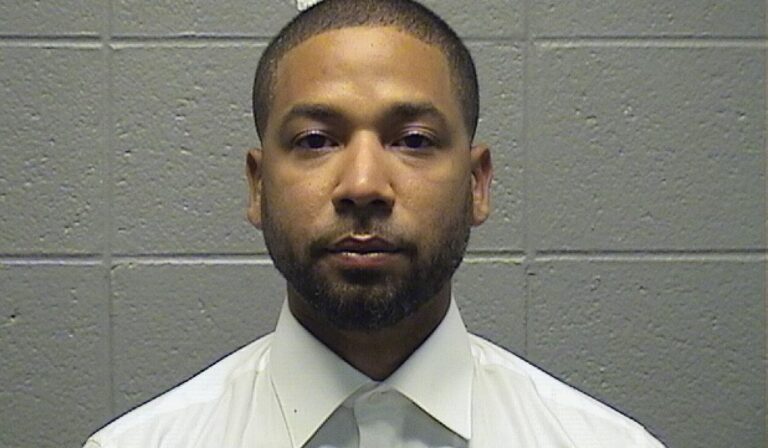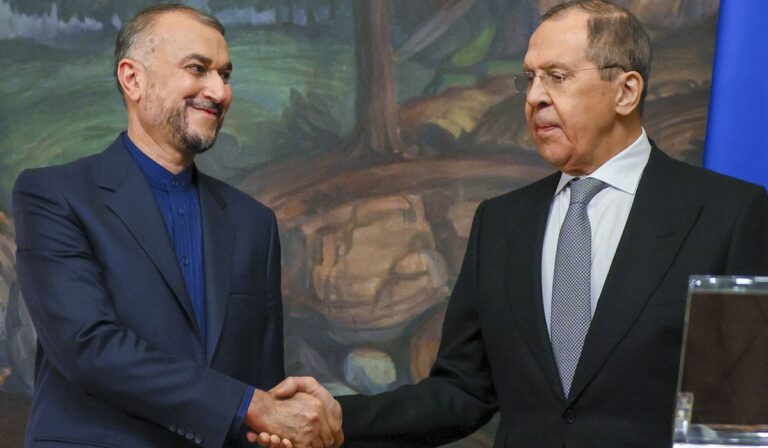Public advocacy and campaigns should be developed to encourage family members and local communities to pass on the treasure of language to the younger generation.
Recently, the Union African Union adopted Swahili as one of the official languages alongside French, Spanish, Portuguese, and Arabic. I could not have been more glad.
For decades, it has always struck me as odd that not a single African language is spoken in the hallowed halls of Africa’s main political institution. The decision by the AU in February 2022 was long overdue and should be applauded by all and sundry regardless of nationality.
Why is this important? Simply because Africa has a language crisis.
As a 10-year-old newly arrived in Lagos from England, I recall listening intently to how the Yoruba language – my father’s language – was spoken. I would constantly repeat in my head or verbally repeat what I thought I had heard. I was not always successful. Many times, what would come out of my mouth would throw my friends into fits of laughter.
Yoruba is a tonal language. Some three-letter words pronounced wrongly or with the accent on the wrong syllable can get you into a whole lot of trouble.
I am indebted to the Canadian Catholic boarding School I attended in Ondo – St. Joseph’s College. At the time, the high school was well known for academic rigor and discipline. But one thing I’ve come to appreciate over the years was the mandatory learning of the Yoruba language in the first two years of a five-year study. In addition, while Mass was in Latin and English, the music also had a generous sprinkling of uplifting Yoruba hymns backed by traditional drums.
As I look back, I owe my love of the Yoruba language to this linguistic and cultural exposure.
Which is one of the reasons why I never cease to be amazed by the linguistic snobbery of many upwardly mobile and not-too-upwardly mobile Nigerian and African elite, when it comes to transferring knowledge of indigenous languages to their children.
In the case of my fellow Yoruba, it is not unusual to be regaled with pride about how their children only speak English.
With an affected Yoruba-English accent denoting social class, this is how the commentary tends to goes – “Ehhh … so mo pe awon omo aiye isiyin, won o gbo Yoruba mo. Oyinbo nikan ni won gbo.” Meaning “You must realise that today’s generation no longer speaks or comprehend Yoruba. They only speak English.”
The comment by the way is supposed to be a badge of honor.
Languages become endangered for many reasons.
While focusing on Nigeria, the same applies to almost all African countries.
1. Unprecedented urban mobility and migration, in which children grow up in places where the language of their parents is either not generally spoken or where it is no longer taught in the community.
2. Inter-ethnic marriages and relationships and recourse to the official language of English or the more widely spoken Pidgin English.
3. A tech-driven world that is dominated by less than a dozen global languages. Consequently, social media, TV and digital content, children’s programs, computer games, mobile apps, and news content, do not favor indigenous African languages.
4. Dislocation of populations due to terrorism and ethnic conflicts.
5. Economic migration that ends up leaving the older and elderly speakers of a language behind in rural communities. Languages cannot live without children speakers. As such, as elderly rural speakers die out, the survival of some languages is simply impossible.
This is the dilemma that has befallen the Yoruba language and countless other indigenous Nigerian and African languages.
Language is all-encompassing. It is not just a means of communicating. It is also a repository of values, customs, culture, and history. In short, language is the embodiment of who a people are.
Therefore, the loss or extinction of a language is simply not an inability to speak in a way and manner that is generally understood. It is the loss of identity – linguistically, culturally, psychologically, and historically.
I’m delighted to see indigenous Nigerian languages woven into the fabric of many recent Nollywood blockbuster movies. It’s a step in the right direction.
According to the Atlas of Languages in Danger of Disappearing published by the United Nations Educational, Scientific and Cultural Organization, and (UNESCO), today, there are an estimated 7,000 languages spoken worldwide. Half of the world’s total population speaks only eight of the most common. Also, more than 3,000 languages are said to be spoken by fewer than 10,000 people each.
So what can we do about linguistic genocide?
Fold our arms? Bemoan our fate? Accept the seemingly unstoppable collision of languages with the forces of ‘modernization’ and globalization? Or do we take stock, recognize what is at stake, turn adversity into opportunity, and innovatively add value to the tremendous linguistic resources that we own?
We have no choice.
Following are 7 suggestions:
1. Policymakers should go back to the drawing boards and once again make the teaching and learning of indigenous languages compulsory from kindergarten through high school.
2. Public advocacy and campaigns should be developed to encourage family members and local communities to pass on the treasure of language to the younger generation. One of Africa’s dilemmas today is that many young and older adults are linguistically challenged. As such, they need tutoring and learning themselves. This is an entrepreneurial opportunity for developers of language apps or creative radio and TV programs.
3. Debates in indigenous languages: Growing up in Lagos, one of my favorite TV programs was the live broadcast of the National High School Debates. I can still hear the opening music ringing in my ears. Here lies another opportunity for Nigeria and African countries for whom either English, French, Portuguese or Spanish, is the official language. Policymakers, content producers, advertisers, and the private and public sector, could team up to create regionally televised elementary and high school debates in indigenous languages.
To motivate the younger generation, generous and not token awards could include academic scholarships, regional and national media mentions, and opportunities to meet with and be honored by leading public and private sector leaders.
4. Business Incubation Hubs: Tech-savvy entrepreneurs have an unprecedented opportunity to create innovative indigenous language content, apps, and platforms. Opportunities abound for policymakers and the private sector to support and give out annual awards for the best digital content in indigenous languages including children’s animation programs, computer games, TV programs, vlogs, or podcasts.
5. Language Schools: France, the UK, Switzerland, and Germany have an abundance of schools that offer short or long-term language programs. The French language school Alliance Française has a presence in almost every African country. African nations must do the same especially in the Diaspora. Or at least, digitally or virtually online. This is an entrepreneurial opportunity to provide Africans at home and in the Diaspora with learning platforms and tools to enhance indigenous langauge capacities.
6. Policymakers can help create environments that promote learning and drive demand for content and information in indigenous languages. We certainly can learn from countries such as Ethiopia, Somalia, that use indigenous languages in their respective parliaments and other official business.
Why should proficiency in multiple indigenous or other African languages not be a desirable employment skill set? Why should important national messages not be simulcast in their entirety in key languages, to reach the largest possible audience? Why in so many African countries is there a complete reliance on English, French, Spanish or Portuguese in public communication? It’s a question to ponder and a challenge to overcome.
7. Becoming Linguistic Ambassadors: Finally, each one of us can brush up on our language skills and do so with exceptional pride. For too long, we have bought into the false narrative that ‘local’ is bad and ‘Western’ is attractive. We diminish our languages and refer to them derisively as ‘vernacular.’
Instead, collectively, we have a legacy responsibility to speak our languages with pride and transfer the same to the next generation.
If you are not as proficient as you would like to be, listen intently to how your language is spoken. Each week, set a goal of learning new vocabulary words. Over time, you’ll be amazed at the progress you would have made.
Every African language is a repository of history, culture, and values. When a language dies, so too does history, culture, values, and the intuitive sense of who a people are, where they are from and where they are going.
There is still time to save our languages and prevent cultural genocide.
It starts with each one of us!

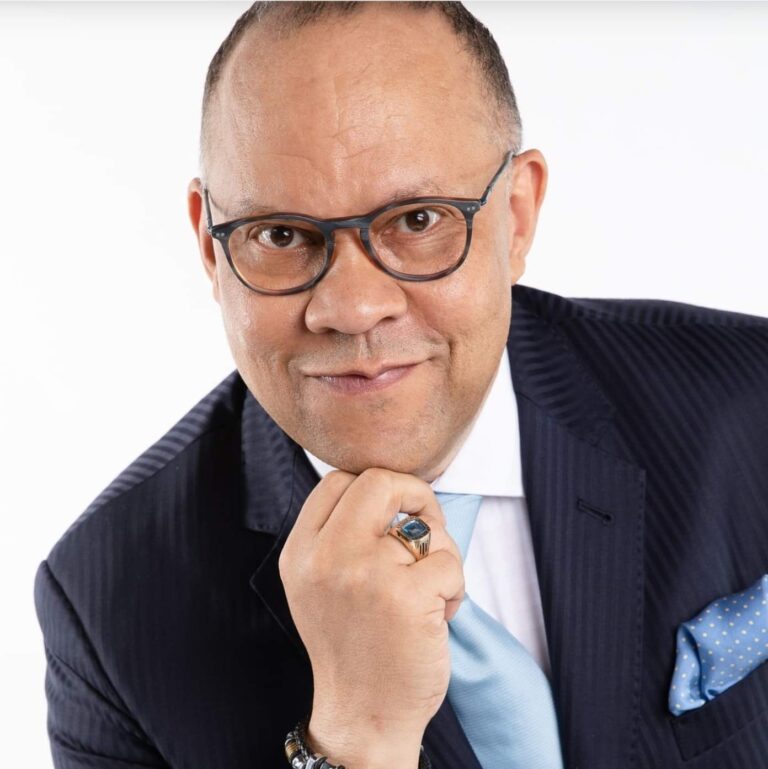






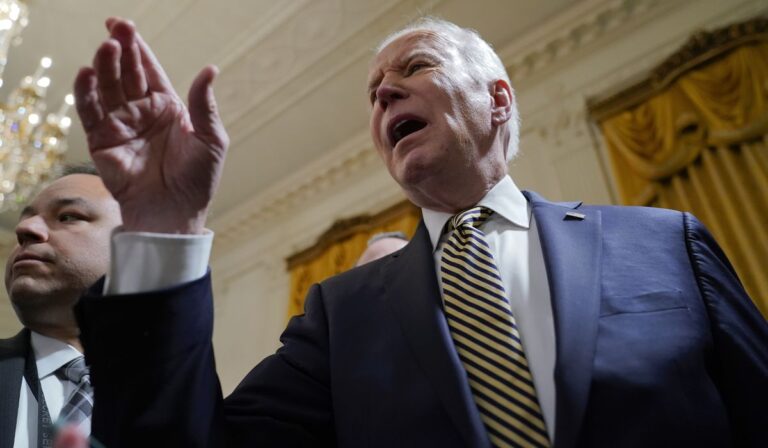
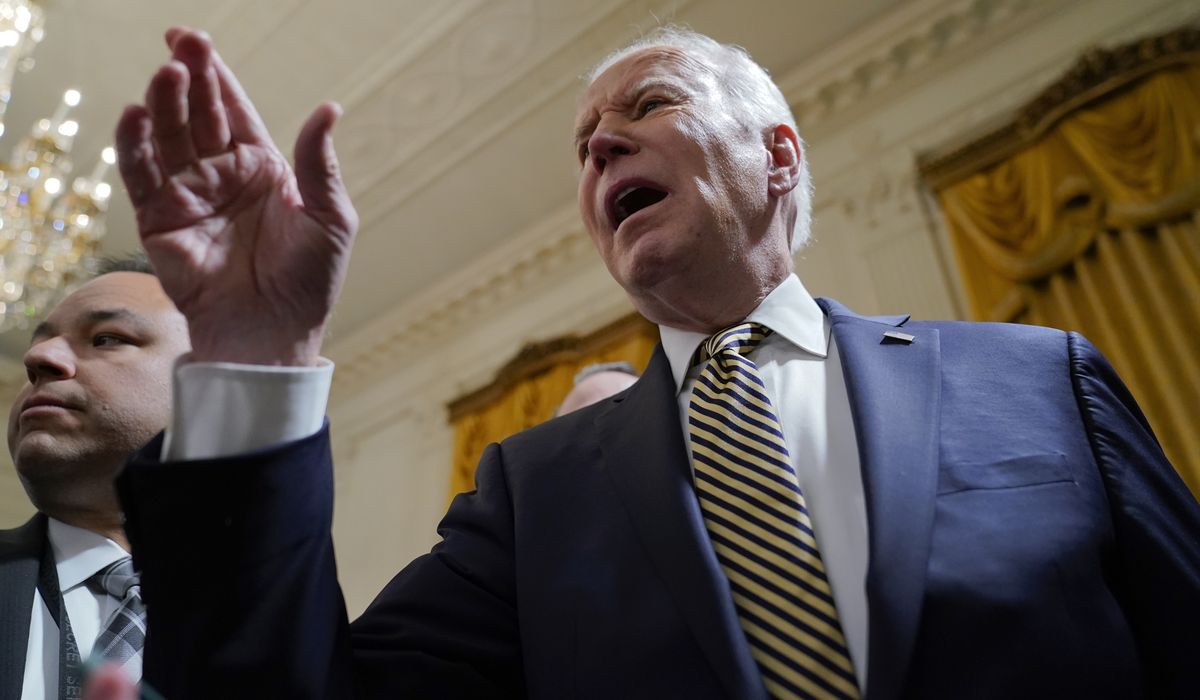


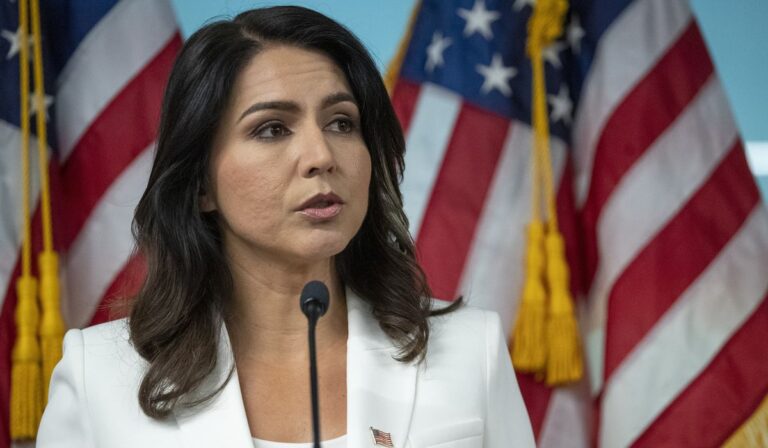

 (@TulsiGabbard)
(@TulsiGabbard) 